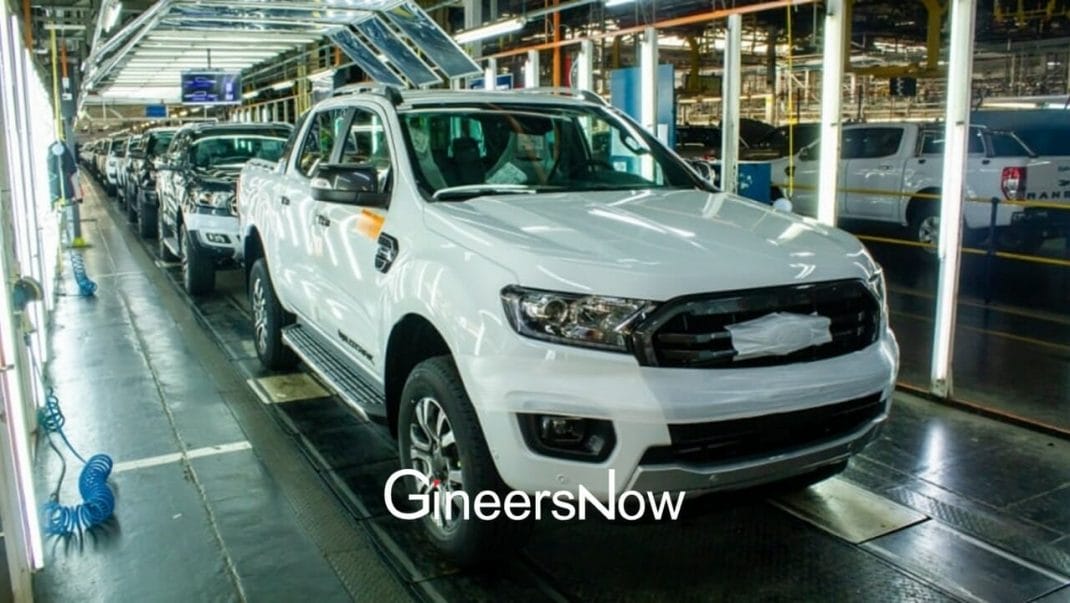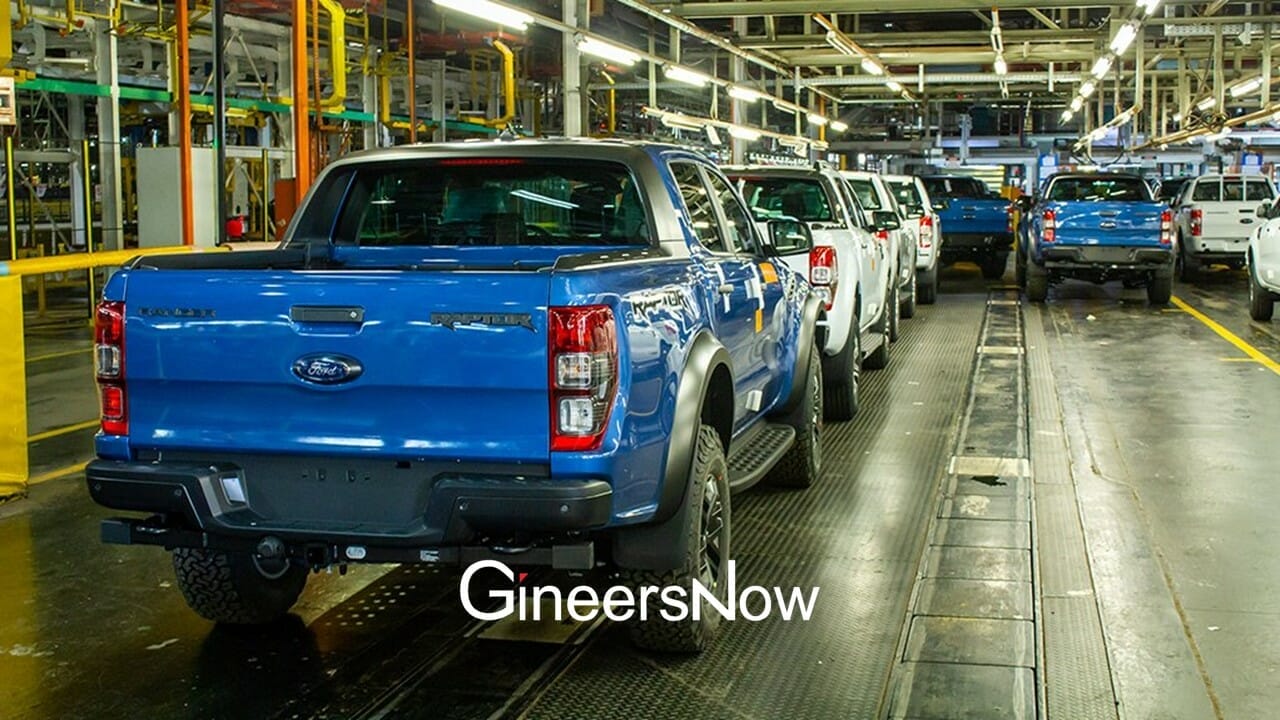Tshwane Auto Special Economic Zone (TASEZ) has officially entered full operation. All ten automobile component production companies within the Special Economic Area (SEZ) have now started full production.
This is the result of Ford Motor Company of South Africa’s (FMCSA) November 14th start of production of the next-generation Ford Ranger.
TASEZ was created as a special vehicle production zone. The development’s first phase was aimed at creating additional infrastructure within the FMCSA supply chain to help South Africa become one of three global hubs for the production of the next-generation Ford Ranger.
TASEZ was created in May 2020 by an intergovernmental agreement that brought together the Department of Trade, Industry, and Competition, the Gauteng Department of Economic Development, and the City of Tshwane metropolitan area.
Trade, Industry, and Competition Deputy Minister Fikilemajola states that TASEZ’s mandate aligns with the national strategies of South Africa’s government, especially the new SEZ approach, which was approved by the Cabinet in 2019.

The approach emphasizes the involvement of all three levels of government and the private sector in the development, planning, and management of an SEZ. Majola says the new multi-pronged approach focuses on industrial design, strongly emphasizing building partnerships to unlock job-creating investments outside the sector.
FMCSA invested $1.05 billion (R15.8 billion) in producing the Ford Ranger. TASEZ was also poised to build the bulk infrastructure, more than 205 000m2 of factory space under the roof that houses ten FMCSA suppliers.
In January 2021, despite the economic and investment difficulties, the TASEZ began with the construction of the suppliers’ facilities.
As of early November 2021, three of these suppliers already operated within the zone, producing parts for the previous Ranger. Majola says that all the investors have taken possession of the property and are preparing for a new start in the production of the Ford Ranger.
The total investment by the ten suppliers in the zone is R3.62 billion, against an overall projection of R4.2 billion. These suppliers have created 1 259 permanent jobs (76% for youth and 32% for women), against a target of 2 080 jobs to be achieved during the production ramp-up.
To date, 4 848 construction job opportunities (12% for women and 53% for youth) have been created.
TASEZ is also involved in driving inclusive economic growth by empowering small, medium, and microenterprises within townships.
The FMCSA has created 1200 additional jobs within its own facilities, bringing the total number of employees to 5 500. Ford’s local suppliers’ network has created an estimated 10 000 additional jobs.












